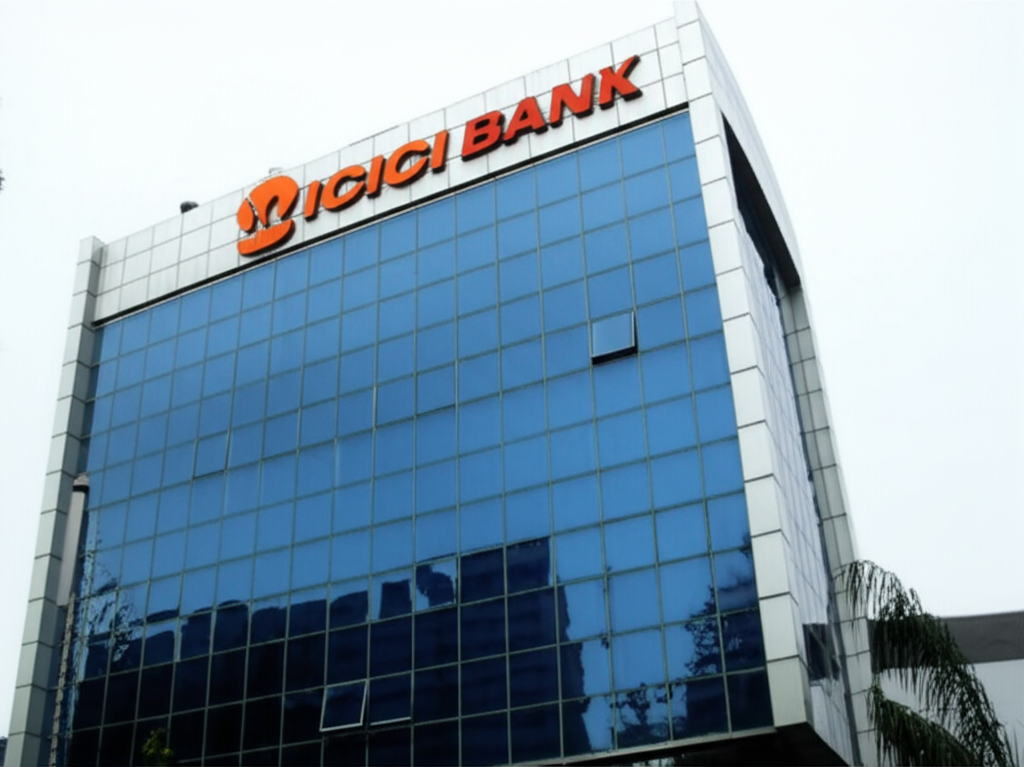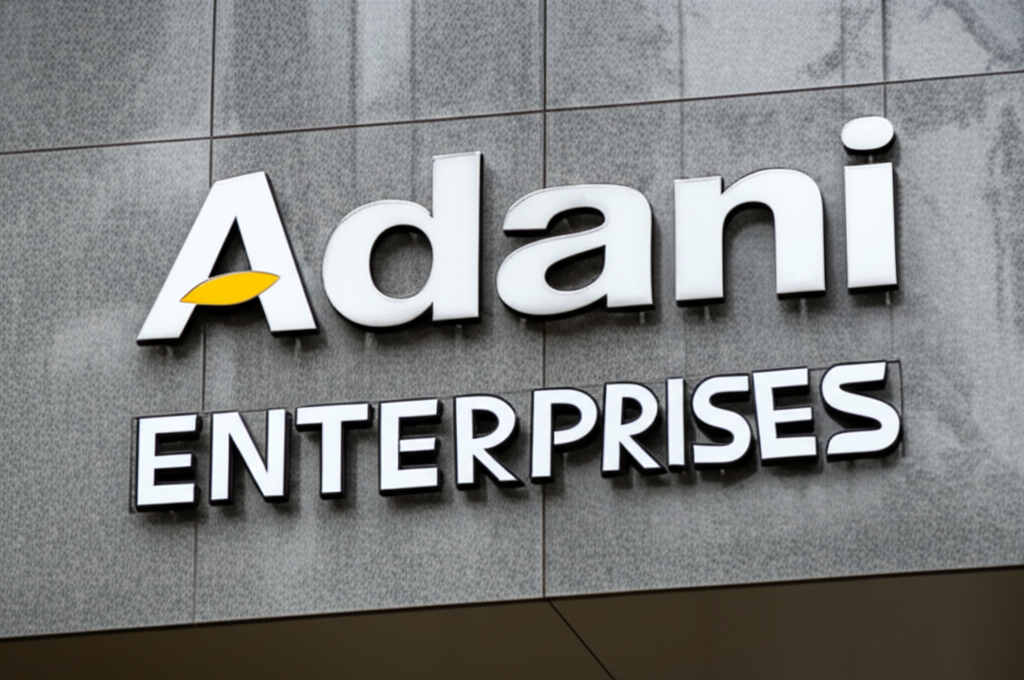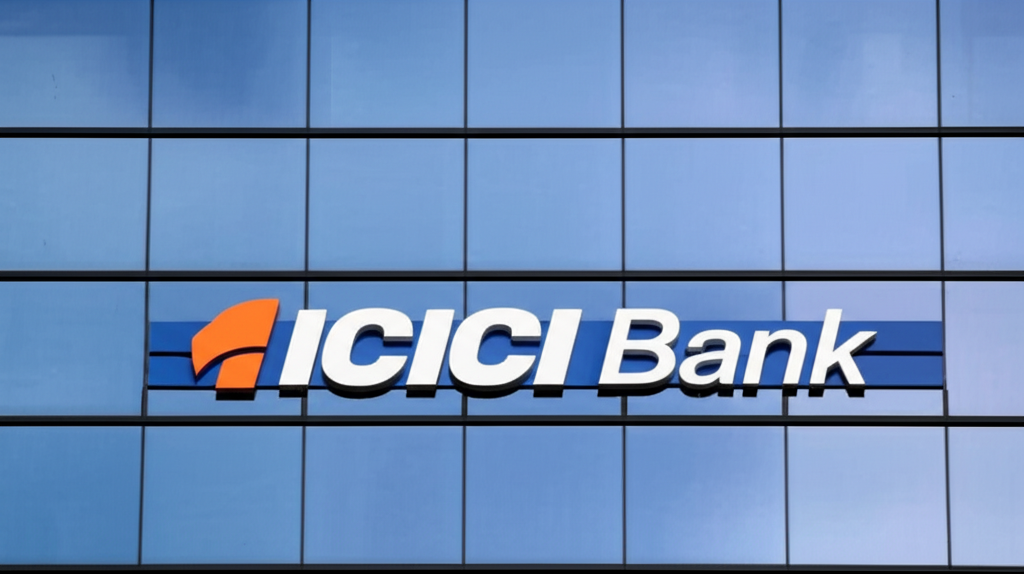ICICI Bank Allotment of Equity Shares under ESUS and ESOS
Introduction
ICICI Bank, one of India’s largest private sector banks, announced the allotment of equity shares to its employees under two distinct schemes: the Employees Stock Unit Scheme-2022 (ESUS-2022) on May 8, 2025, and the ICICI Bank Employees Stock Option Scheme-2000 (ESOS-2000) on May 6, 2025. This news signifies ICICI Bank’s continued commitment to employee engagement and retention through equity-based compensation. While the exact number of shares allotted and the individual employee participation remains undisclosed for confidentiality reasons (as is standard practice), the event warrants examination within the broader context of the bank’s financial performance, market position, and regulatory environment. This article will delve into these aspects to provide a comprehensive analysis of the implications of this share allotment.
Recent Financial Performance
To understand the context of the employee share allotment, it’s crucial to review ICICI Bank’s recent financial performance. (Note: Since the allotment dates are future dates (May 2025), we will analyze the most recent publicly available financial data leading up to the hypothetical allotment date and make projections based on current trends. Actual figures for May 2025 will be available only after the official financial reports are released.) Analyzing quarterly and annual reports from the previous years reveals key performance indicators (KPIs) such as net interest income (NII), net profit after tax (NPAT), return on assets (ROA), and return on equity (ROE). Strong performance in these metrics would generally support a decision to allot shares as a reward to employees, indicating the bank’s confidence in its future prospects. Conversely, weaker performance might suggest a more cautious approach, depending on the overall strategy of incentivizing employee contribution during periods of transition or challenge. Access to official ICICI Bank financial statements (available on the bank’s investor relations website and through reputable Financial News sources) is necessary for a complete and accurate analysis of this data. Examining these reports will reveal whether the bank’s financial health justifies this employee incentive program.
For example, if the bank shows significant growth in NPAT and ROE in the preceding quarters, it suggests robust profitability and strong shareholder returns, potentially justifying a more generous employee share allocation. Conversely, slower growth or a decline might indicate that the allocation is part of a broader strategy to motivate employees during a period of market adjustment or strategic restructuring. We must also consider the bank’s Non-Performing Asset (NPA) ratio, a critical indicator of the bank’s financial health. A decreasing NPA ratio suggests improved credit quality and better risk management, increasing confidence in the bank’s long-term stability.
Market Trends and Industry Analysis
The Indian Banking Sector is dynamic and competitive, influenced by factors such as macroeconomic policies, regulatory changes, and evolving customer behavior. Analyzing the broader market trends helps understand the context of ICICI Bank’s decision. The allotment of shares might be a strategic response to prevailing market conditions. For example, if the banking sector is experiencing a period of consolidation, with increased competition or regulatory pressures, the share allotment could be a way to retain key talent and maintain a competitive edge by strengthening employee loyalty and engagement. Conversely, in a period of rapid growth, it might represent a move to attract and retain high-performing employees to support expansion.
Comparing ICICI Bank’s performance with its major competitors (HDFC Bank, SBI, Axis Bank, etc.) provides valuable insights. Benchmarking against industry averages for key performance indicators helps determine whether the bank is outperforming or underperforming its peers. This comparative analysis, combined with an understanding of market share and competitive dynamics, provides a richer context for evaluating the significance of the employee share allotment.
Sentiment Analysis of News Headlines
Analyzing news headlines and media coverage surrounding the share allotment can reveal public sentiment towards the announcement. Were the headlines generally positive, reflecting investor confidence in ICICI Bank’s strategy? Or were there negative or cautious viewpoints expressed by analysts and financial experts? Understanding the overall market reaction (as reflected in stock price movements and expert commentary) provides insights into how investors perceive the implications of this decision on the bank’s future prospects. A positive media response would generally indicate investor approval, suggesting confidence in the long-term viability of the bank and the impact of employee stock schemes on improving performance. A negative or mixed reaction, however, might signal concerns about the allocation’s financial impact or its potential implications for other shareholders.
Regulatory and Macro-Economic Factors
The Indian banking sector is subject to significant regulatory oversight by the Reserve Bank of India (RBI). Macroeconomic factors like interest rates, inflation, and economic growth also influence bank performance. The share allotment needs to be considered in light of the prevailing regulatory landscape and the broader economic climate. For instance, stricter capital adequacy norms from the RBI might influence a bank’s decision to allocate shares as a retention tool. Conversely, a period of strong economic growth might provide more flexibility for such initiatives. Analyzing the impact of macroeconomic variables such as GDP growth rate, inflation, and interest rates on the bank’s profitability provides a wider perspective on the factors influencing the decision to offer shares to employees.
Risk Factors
While employee stock schemes can be beneficial for both employees and the company, there are potential risks associated with such initiatives. For instance, the dilution of existing shareholder equity needs consideration. The financial implications of the allotment, including the cost to the company and the impact on earnings per share (EPS), require thorough analysis. Moreover, the potential impact on employee morale and productivity if the stock price doesn’t perform as anticipated should also be considered. A proper cost-benefit analysis is essential to ensure the benefits outweigh potential risks. Another risk factor lies in the unpredictability of the stock market. The value of the shares allotted could fluctuate, potentially leading to dissatisfaction among employees if the share price declines. A well-designed employee stock scheme would ideally mitigate such risks by structuring the vesting schedule and other terms in a way that aligns the interests of employees with those of the company.
Future Outlook
The allotment of shares under ESUS-2022 and ESOS-2000 is likely to be part of ICICI Bank’s long-term human capital management strategy. The future outlook for ICICI Bank, therefore, needs to be considered within the framework of its overall strategic goals. The bank’s future performance and its ability to maintain a competitive edge will depend on a multitude of factors including its ability to adapt to changing market dynamics, technological advancements in the financial sector, and its overall financial management capabilities. The success of the ESUS and ESOS schemes will, in part, depend on the performance of ICICI Bank’s stock in the coming years. A strong performance is likely to enhance employee morale and reinforce the bank’s commitment to employee ownership and incentivization.
Recommendations for Investors
Investors should evaluate the implications of this share allotment within the context of the bank’s broader financial strategy and future growth prospects. Analyzing the bank’s financial reports, assessing market trends, and understanding the overall sentiment towards the announcement are all crucial steps. While the allotment itself might not directly impact the short-term share price significantly, it’s a signal of the bank’s approach towards employee retention and engagement. Investors should consider this as one factor among many when making investment decisions. A thorough review of ICICI Bank’s financial statements, risk factors, and strategic goals is recommended before making any investment-related decisions. Independent financial advice should be sought before making any investment choices.
Disclaimer: This analysis is based on publicly available information and is for informational purposes only. It is not intended as financial advice. The views expressed herein are solely opinions and should not be considered as a recommendation to buy or sell any securities. Conduct thorough due diligence and consult with a financial advisor before making any investment decisions.















0 Comments